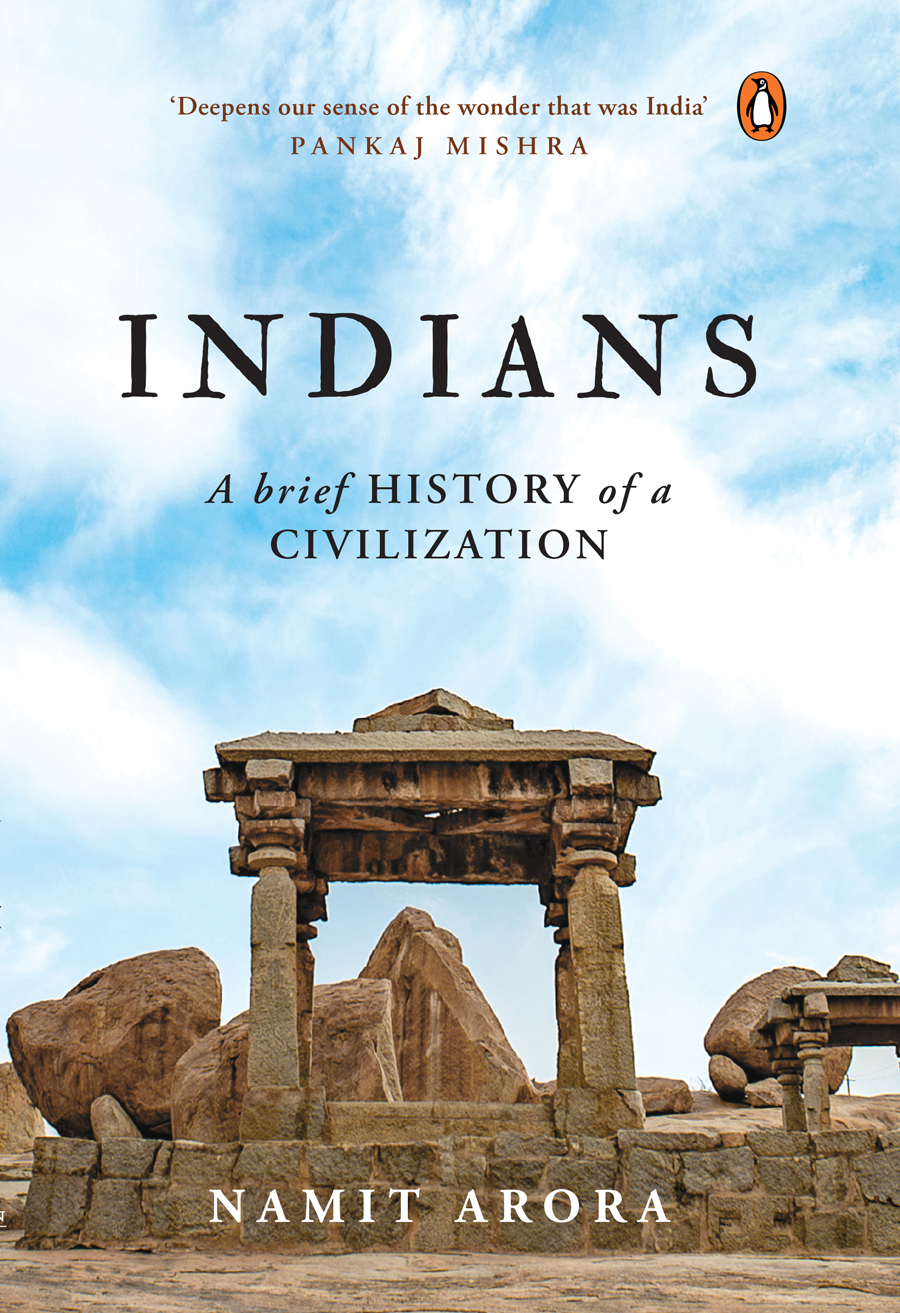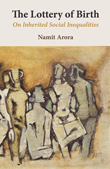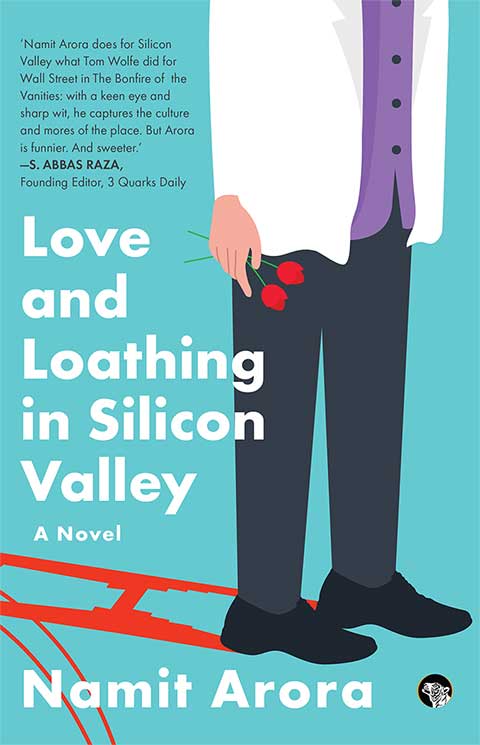| Index of articles from the Blog |
| Animals |
| Anthropology & Archaeology |
| Art & Cinema |
| Biography |
| Books & Authors |
| Culture |
| Economics |
| Environment |
| Fiction & Poetry |
| History |
| Humor |
| Justice |
| Philosophy |
| Photography |
| Politics |
| Religion |
| Science |
| Travel |
Books by
Books by
|
|
|
| 1. Paraphrasing Octavio Paz from The Labyrinth of Solitude. 3. Previous two sentences from How to Raise a Good Liberal by Lee Siegel, The Atlantic Monthly, Jan 1996. 4. George Orwell attempts an answer to this question in his remarkable essay, Politics vs. Literature: An examination of Gulliver's travels. 5. Quote stolen from Carlos Fuentes. 6. Sentence adapted from a quote by Harold Rosenberg. 7. Sentence adapted from a sentence in Foe by JM Coetzee. 8. Saint Augustine in The City of God. 9. According to my friend Sandeepan Banerjee. 10. As an introduction to anti-pessimism, read the excellent chapter Herzen vs. Schopenhauer in Aileen M. Kelly's book, Views from the Other Shore, 1999. The Russian philosopher Herzen (1812-70) persuasively ripped through Schopenhauer's conclusions and recipes but didn't spare the 'unscrupulous optimism' of Hegel either. Herzen's thought later influenced Isaiah Berlin. 12. Czeslaw Milosz in the NY Review of Books, On the Discreet Charm of Nihilism, November 19, 1998. 13. According to Seneca, 3 BCE – 65 CE. 14. According to Nadine Gordimer. 15. According to Michel Foucault. 16. According to Isaiah Berlin. Read excerpt from his essay on pluralism, On the Pursuit of the Ideal. 17. Oakeshott, Michael, ‘The Tower of Babel’ (1948), in Rationalism in Politics (London, 1962: Methuen), e.g. p. [Liberty Fund edition 476]. 18. From a 1996 review by Bill Totten of The Industrial Revolution by Arnold Toynbee (written in the 1880s), an uncle to the historian Arnold J. Toynbee. 19. Economist Lester Thurow in The Future of Capitalism. 20. Mark Lilla in his review of Stuart Hampshire's Justice is Conflict in the May 11, 2000, NY Review of Books. 21. Slaves once had no equality of the right to life. Quote from Human Rights: The Midlife Crisis by Michael Ignatieff, May 20, 1999, NY Review of Books. 22. Ortega y Gassett in The Revolt of the Masses. 23. William Hazlitt (1778-1830) in On the Feeling of Immortality in Youth. 24. Can Science Explain Everything? Anything? by Steven Weinberg, Mar 31, 2001, NY Review of Books. 25. Schopenhauer advocated compassion and renunciation, Nietzsche the exact opposite, Herzen avoided all systemic advocacy. Which is objectively better? Such plurality of 'rational' conclusions is intrinsic to the human condition. 26. According to Ludwig Wittgenstein.
|
Designed in collaboration with Vitalect, Inc. All rights reserved. |
|








